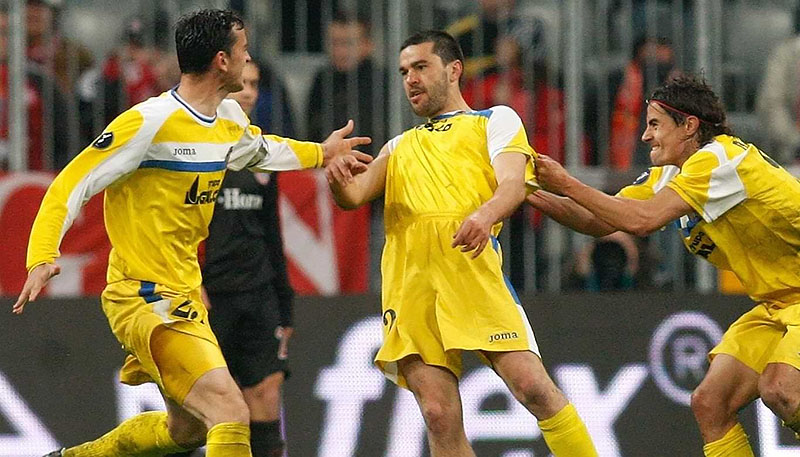The 2021/22 season started with a big change: the away ball rule in the Champions League has been abolished. By decision of UEFA, it will not apply to other European competitions, as well as youth and women's competitions, which are held under the auspices of the European Football Union. Sports officials have repeatedly discussed this issue and yet came to a consensus. The rule has existed for more than half a century, regularly being criticized by players, fans and functionaries. Over the decades, football has changed a lot, and the away ball advantage has become archaic, hindering the further development of this sport.
The away ball rule in the Champions League
In Europe ggbetcasino.org , the rule has existed since 1965. With a tied total score after two matches, the team that scored more goals in a foreign field went on. If this figure was also equal, the referee called extra time.
The away goal factor was introduced in the 1960s, and then football did not use a penalty shoot-out to determine the winner in knockout games. It became a way to decide who would advance without having to fight an extra match.
Another factor moving to another country at that time was often difficult. The away goal was given great importance.
Work examples
Initially, the innovation was applied in one Cup Cup tournament, and in the early stages of the playoffs. In the first season, it had to be used only once. In the 1/8 finals, Honvéd from Hungary beat Dukla Prague 3:2 on the road. In the return match, the Czechs won 2:1 in a foreign field, but dropped out of the tournament. They tried to protest, but to no avail.
Known victims of the rule
There are several high-profile examples related to situations where teams were eliminated in extra time. This happened, for example, with Getafe, who in 2008 could not pass Bayern Munich in the 1/4 finals of the UEFA Cup.

An away ball factor prevented Getafe from reaching the semi-finals of the UEFA Cup for the first time in its history
In the first leg in Germany, the Spaniards got away from a 1-1 last-minute defeat. The second leg ended with a similar score: Bayern also saved themselves almost in the very end.
In extra time, Getafe took the lead 3-1, but Bayern scored twice in the last five minutes. As a result of a draw 3:3, the German club reached the semi-finals.







































Phản hồi